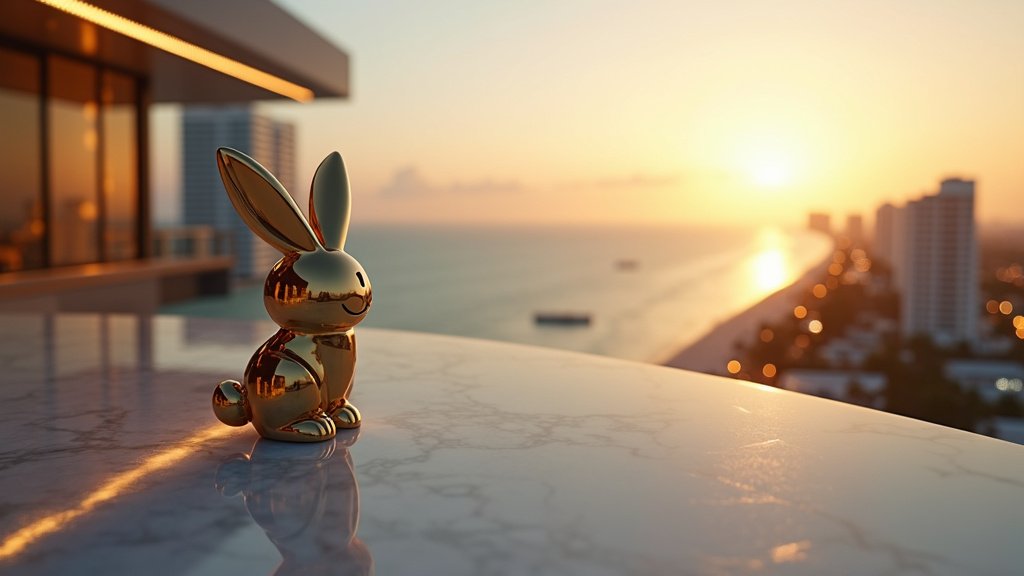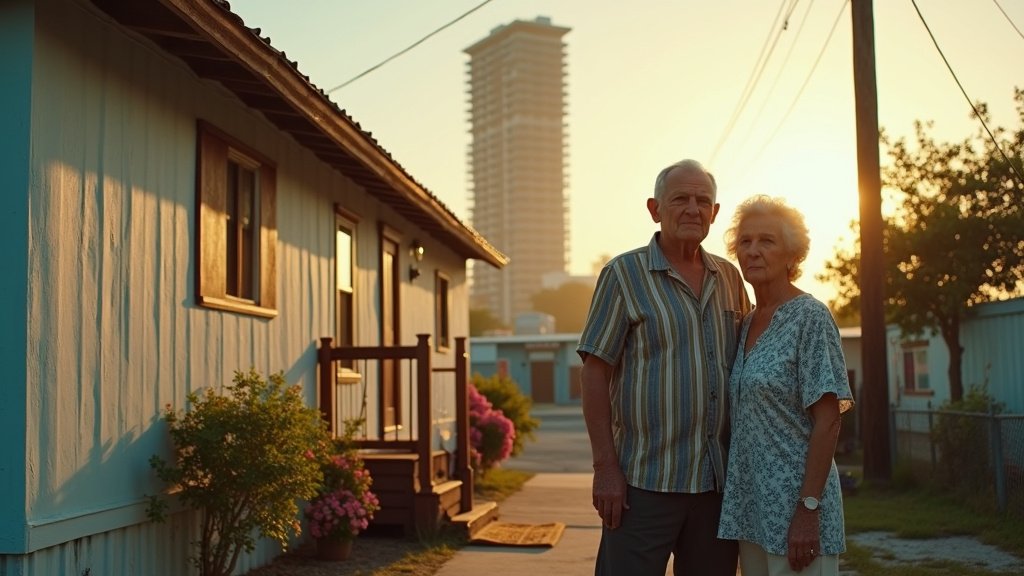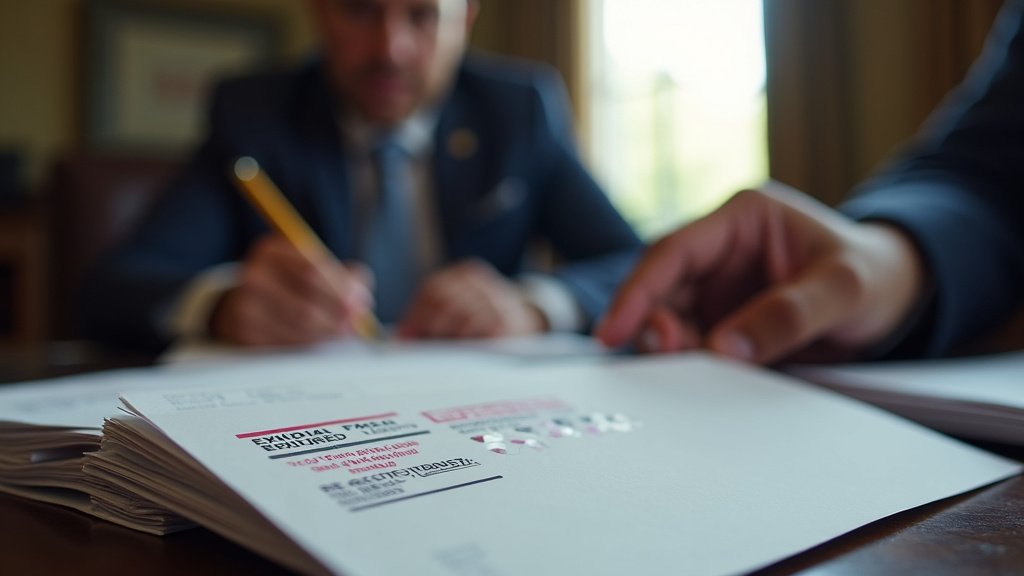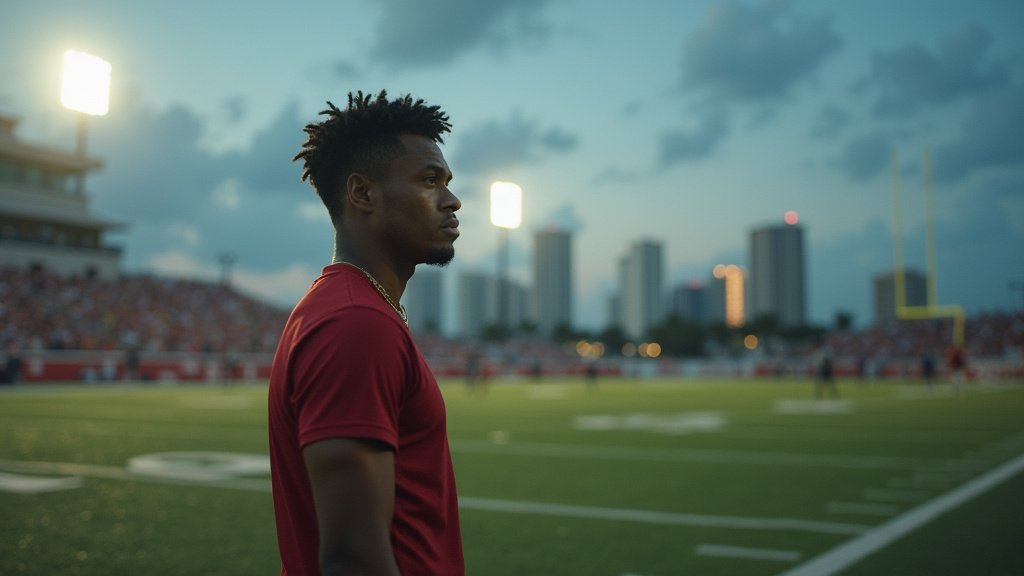The announcement sent ripples through South Florida: Playboy Enterprises, the iconic lifestyle brand, is relocating its global corporate headquarters from Los Angeles to Miami Beach. Touted by city officials as a “game-changing” move poised to redefine Miami Beach’s economic landscape, this news has also sparked a fervent editorial debate, leaving many to question whether this is a source of civic pride or a step in the wrong direction.
Playboy’s new home will be the penthouse of the opulent Rivani office building at 1691 Michigan Avenue, near Lincoln Road, with operations expected to be fully established by mid-2026. Beyond the corporate relocation, the plan includes the development of a new, exclusive Playboy Club, featuring a “world-class restaurant” and a members-only space reminiscent of the storied Playboy Mansion. The company also intends to establish cutting-edge content studios in Miami Beach, signaling a strategic shift towards multimedia content, including podcasts and photography, for its expanding creator network.
The Allure of the Sunshine State: A Pro-Business Pitch
For Miami Beach City Commissioner Joseph Magazine, the move is unequivocally positive. He asserts that Playboy’s arrival signifies that Miami Beach is “truly reimagining our economy and focusing on economic development.” Commissioner Magazine reportedly spent six months courting Playboy’s CEO and Board of Directors, successfully persuading them over offers from other cities in Florida and across the nation. The city expects the relocation to bring approximately 200 new, well-paying jobs, reinforcing its commitment to fostering innovation and economic growth.
Playboy CEO Ben Kohn has been vocal about the reasons for the company’s departure from California, describing the state as “anti-business” and “extremely expensive” for operations. In contrast, Kohn lauded Miami Beach as “one of the nation’s most dynamic, culturally relevant, and business-friendly cities,” citing Florida’s pro-business stance, favorable tax climate, and vibrant energy as key attractions. This sentiment echoes a broader trend of companies migrating from high-cost, high-regulation states like California to more business-friendly environments in places like Florida.
Playboy’s Evolving Identity and a Return to Roots
The relocation marks a strategic return for Playboy to South Florida, a region where the brand maintained a significant presence in the 1960s and 70s with a Playboy Club in Miami and the Playboy Plaza hotel in Miami Beach. This move is part of Playboy’s ongoing evolution from its print magazine origins – which ceased monthly publication in 2020 but relaunched annually in February 2025 – to a broader lifestyle and entertainment company. The focus is now on brand licensing, apparel, digital media, and experiences, aiming to leverage its iconic image in contemporary markets.
The new Playboy Club in Miami Beach is envisioned as a high-end hospitality venture. While details remain somewhat guarded, CEO Ben Kohn has hinted at live events potentially exploring topics such as cannabis advocacy, female sexuality in the arts, and the future of masculinity. This suggests a deliberate attempt to modernize the brand’s image and align it with contemporary cultural conversations, moving beyond its historical association predominantly with explicit content.
The Uncomfortable Questions: A City’s Image and Values
Despite the enthusiastic reception from some city leaders and developers, the news of Playboy’s relocation has not been met with universal acclaim. An opinion piece from a Miami Beach resident, Michele Beauvais-Wagoner, starkly criticized the move, stating it is “nothing Miami Beach should be proud of.” The author expressed shock and dismay, questioning the appropriateness of civic support for a business perceived as “pander[ing] to wealthy persons behind closed doors,” particularly in an era of “seemingly universal disgust with the likes of Jeffrey Epstein.”
This strong editorial opposition highlights a fundamental tension: at what point does economic development compromise a city’s values and public image? Miami Beach, a global destination, is constantly evolving its identity, aiming for sophistication and cultural depth beyond its reputation as a party hotspot. Inviting a brand like Playboy, despite its attempts at rebranding, inevitably dredges up its controversial past and raises questions about the type of image the city wishes to cultivate. Is the promise of jobs and corporate presence worth the potential implicit endorsement of a brand whose legacy, for many, is still intertwined with objectification and a bygone era of sexual politics?
Critics argue that associating with Playboy, regardless of its modern iterations, sends a mixed message to residents and visitors who advocate for more progressive and inclusive community values. The debate underscores a critical point for Miami Beach: does embracing an ‘iconic’ brand, however controversial its history, genuinely enhance the city’s future, or does it merely reinforce a perception it is striving to shed?
A Risky Bet for Miami Beach’s Future
Playboy’s return to Miami Beach is undoubtedly a significant development, heralded by its proponents as a testament to the city’s economic vitality and burgeoning business appeal. The company’s strategic shift towards a broader lifestyle brand, coupled with its investment in new content creation facilities and a high-end club, signals its ambition to re-establish relevance in a drastically changed media landscape. However, the critical voices underscore a deeper societal conversation about brand identity, civic pride, and moral accountability. For Miami Beach, the decision to welcome Playboy is more than just a real estate deal; it is a declaration of what kind of city it aspires to be. Whether this “game-changing” relocation ultimately elevates Miami Beach’s reputation or proves to be a regrettable compromise remains to be seen as the city navigates this complex intersection of commerce and community values.





